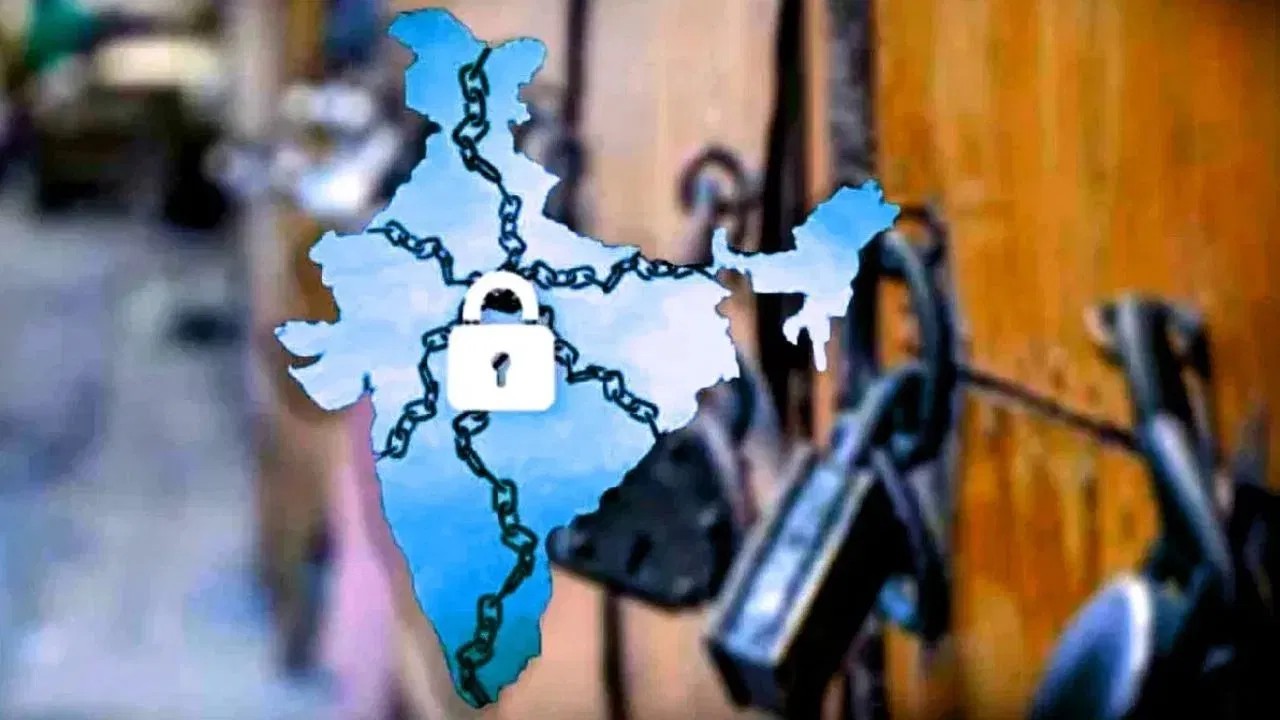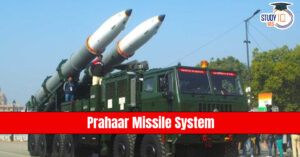Table of Contents
On 9 July 2025, India is witnessing a massive nationwide general strike—commonly referred to as Bharat Bandh—organized by a coalition of 10 central trade unions and supported by farmers’ unions and rural workers’ organizations. With an estimated 25 crore (250 million) workers participating, this strike is one of the largest collective actions in recent history, targeting the Central Government’s labour, economic, and employment policies.
Why is Bharat Bandh Being Observed on 9th July 2025?
A colossal Bharat Bandh (all-India general strike) was announced for 9 July 2025 that mobilised over 25 crore (250 million) workers from formal and informal sectors that included banking, insurance, postal, coal mining, construction, rail transport, power, road maintenance, and public transportation.
According to the All India Trade Union Congress (AITUC) and other federations, the strike has been called to protest against:
-
The introduction of four new labour codes that allegedly:
-
Curtail collective bargaining rights
-
Restrict union activities
-
Extend working hours
-
Decriminalize labour law violations
-
-
Privatisation of public sector undertakings (PSUs)
-
Outsourcing and casualisation of the workforce
-
Lack of job creation and rising unemployment
-
Inflation and increasing price rise of essential commodities
-
Failure to hold the Indian Labour Conference for over a decade
-
Reduced government spending on education, healthcare, and welfare schemes
The unions argue that these policies serve the interest of large corporations—both foreign and Indian—at the expense of ordinary workers and farmers.
Bharat Bandh: Over 25 Crore Workers on Strike
The Bharat Bandh is disrupting major public services, especially in urban areas and industrial hubs. Here’s what’s being affected:
Services Likely to Be Closed or Disrupted:
| Sector | Impact Level | Details |
|---|---|---|
| Banking | High | PSU banks closed, ATMs may run dry, cheque clearances delayed |
| Postal Services | High | Post offices closed, and parcel and mail delivery affected |
| Coal Mining | High | Coal production halted in major coal belts like Jharkhand |
| Factories & Industries | Moderate to High | Strikes in industrial units, manufacturing slowdown expected |
| State Transport | High | Public bus services were disrupted in states like Kerala, Bengal |
| Construction & Highway Work | High | Major projects stalled due to lack of workforce |
| Railway Services | Moderate | No official strike, but blockades and disruptions are possible |
| Government Departments | Moderate to High | Attendance is down, and some offices are non-functional |
Who Is Organising the Bharat Bandh?
A 10-point trade union combine comprising INTUC, AITUC, CITU, HMS, AIUTUC, TUCC, SEWA, LPF, UTUC, and AICCTU. These are supported by farmer bodies like the Samyukta Kisan Morcha and trade unions like SEWA. The strike has been called by a coalition of major trade unions, including:
-
AITUC (All India Trade Union Congress)
-
CITU (Centre of Indian Trade Unions)
-
INTUC (Indian National Trade Union Congress)
-
HMS (Hind Mazdoor Sabha)
-
AIUTUC, TUCC, SEWA, and others
Supporting organizations include:
-
Samyukta Kisan Morcha (SKM) – Farmers’ collective
-
Various agricultural workers’ unions
-
Youth and student organisations
-
Political parties such as Congress (Rahul Gandhi to join Bihar bandh)
Key Demands of Bharat Bandh 2025
The protesting unions have submitted a 17-point charter of demands which includes:
-
Scrapping of the four labour codes
-
Reversal of privatisation of PSUs and public services
-
Job security and regular appointments in government departments
-
Increase in minimum wages and pensions
-
Universal public distribution system and food security
-
Rollback of policies promoting contractualisation and outsourcing
-
Revival of the Indian Labour Conference, not held for 10 years
-
Protection of trade union rights and the right to strike
-
Control inflation and reduce prices of essential commodities
-
Increase social sector spending on health, education, and welfare
What Services Will Be Affected on July 9?
A wide range of essential and public services will be severely impacted:
Disrupted or Closed:
-
Banking and Insurance Services – Including LIC and public sector banks
-
Postal Services – Delivery, and mail operations likely halted
-
Coal Mining & Industrial Units – Shutdown of production in key mines
-
State Transport Services – Buses, depots, and staff on strike
-
Public Sector Units – Including power, steel, NMDC, and rail maintenance
-
Highway Construction – Labourers to halt work in protest
-
Train Services – Indirect disruptions due to protests and blockades
What Will Remain Open?
Likely Operational
-
Schools and Colleges – No closure orders issued
-
Private Sector Offices – May remain open depending on location
-
Hospitals and Emergency Services – Expected to function
-
Shops and Markets – Open in non-participating regions
-
Indian Railways – No official railway strike, but disruptions are possible
Why the Massive Response?
Union leaders argue that the labour codes weaken:
-
Collective bargaining rights
-
Workers’ right to strike
-
Trade union activities
-
Accountability of employers for labour law violations
The policies, they claim, are pushing India toward corporate exploitation, increasing joblessness, and hurting the working class and farmers. The union forum accused the government of replacing youth with retired staff in sectors like Railways, teaching, and mining, ignoring the country’s large pool of unemployed youth aged 20–25.
Regional Highlights of Bharat Bandh
- Odisha: National highways near Bhubaneswar blocked by CITU labourers
- West Bengal: Jadavpur protest & track blockades in Sealdah division
- Kerala: KSRTC had announced that buses would operate, but many of them took part irrespective
Background: Previous Strikes
This is not the first mass strike. Similar Bharat Bandh protests were held on:
-
November 26, 2020
-
March 28–29, 2022
-
February 16, 2024
Yet, union leaders claim the government has not addressed any of the key issues, forcing this fresh agitation.
Bharat Bandh 2025 and Its Significance
The Bharat Bandh on July 9, 2025, is not just a labour strike—it’s a mass movement of farmers, workers, and the unemployed against structural changes in labour laws and governance. It reflects growing frustration among India’s working class over the lack of dialogue, economic distress, rising prices, and youth unemployment.
As India witnesses one of its largest worker-led protests in recent years, the Bharat Bandh on July 9, 2025, will be a crucial event in the country’s political and economic narrative. All eyes will be on how the government responds to this mass mobilisation and whether it opens the door for labour policy dialogue or continues its current path of reforms.


 US–Israel Attack on Iran 2026: Khamene...
US–Israel Attack on Iran 2026: Khamene...
 Agentic AI vs AI Agents: Meaning, Differ...
Agentic AI vs AI Agents: Meaning, Differ...
 Prahaar Missile System: Range, Features ...
Prahaar Missile System: Range, Features ...




















